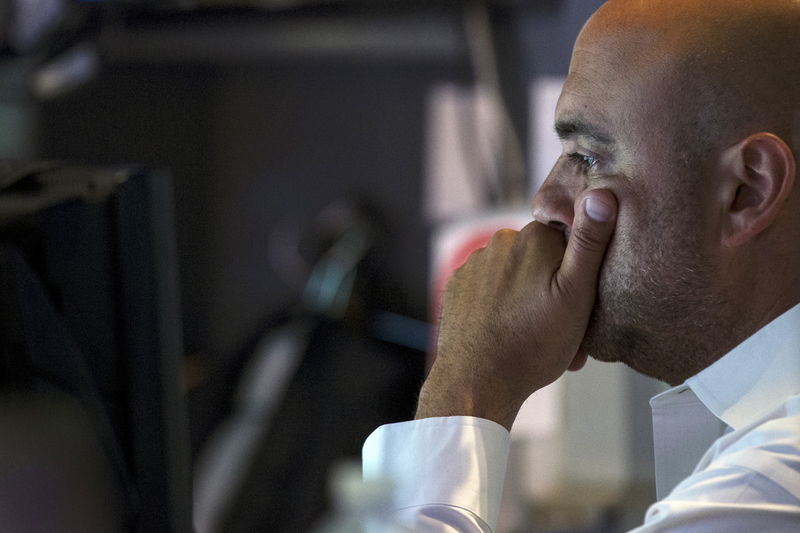Having scrapped its new Indigenous cultural heritage laws just weeks after they came into effect, Western Australia has reverted to outdated - yet revised - legislation. There are now questions about whether those revisions are enough to both protect the state’s cultural heritage sites and placate landholders.
On August 8, Premier Roger Cook confirmed that his government was axing the Western Australia’s Aboriginal Cultural Heritage Act 2021, only five weeks after it came into effect on July 1.
The 2021 Act was introduced largely in response to the outrage surrounding Rio Tinto’s legally permitted destruction of a 46,000-year-old sacred site back in May 2020.
Rio received ministerial consent in 2013, under the outdated 1972 Act, to blast the cave in Juukan Gorge in the Hammersley Ranges, which it proceeded to do along with another sacred WA site despite vocal opposition from traditional owners.
The sacred site, one of the oldest in the western Pilbara region, was destroyed so that the mining giant could expand an iron ore mine. It was the only inland site in Australia to show signs of continual human occupation through the last Ice Age, demonstrating 46,000 years of continual occupation and providing a 4,000-year-old genetic link to present-day traditional owners.
Approval for the blast was granted under ‘Section 18’ of the 1972 Act, which states that land users must be granted ministerial approval before cultural heritage sites are disturbed. Under that Act, Aboriginal groups had no right to appeal a ministerial decision.
Clearly, the 1972 Act wasn’t enough to protect such sacred sites as the cave at Juukan Gorge.
After its destruction, the Joint Standing Committee on Northern Australia launched a parliamentary inquiry into the state of heritage management in this country that made clear what happened at Juukan Gorge was not an isolated incident.
The 2021 report determined that the state’s outdated cultural heritage 1972 laws had “resulted in widespread destruction of tangible and intangible cultural heritage assets with Aboriginal people being left without assistance in dealing with developers”.
The destruction of Juukan Gorge was not a one-time event either. Both before and since the site was blasted, similar destruction of sacred indigenous sites across the state has been observed.
That parliamentary inquiry led to the introduction of the 2021 Cultural Heritage Act, to empower Aboriginal people to protect and manage cultural heritage on their traditional lands.
The new Act abolished the section 18 approvals process, instead placing emphasis on agreements between land users and traditional owners.
If there was potential to disturb cultural heritage, land users would have needed to submit a management plan to the Aboriginal Cultural Heritage Council for approval. The consultation and consent would be documented along with the agreed measures to protect the sites or artefacts. Any damage to a cultural heritage site would see individuals face penalties of up to $1 million with fines on corporations of up to $10 million.
This led to concerns, largely from farmers, about their compliance requirements, some of which had only been revealed in the days before the laws came into effect. Land users were up in arms over the requirement they pay for assessments and approvals from local Indigenous groups for possible disturbance of possible cultural heritage sites, including any property bigger than 1,100 square metres.
But now, with the August 8 repeal of the Act, that has all gone out the window.
Just eight weeks into the job, Premier Peter Cook repealed the new legislation, replacing the short-lived Act with an amended version of the Aboriginal Heritage Act 1972 – the 50-year-old legislation it was intended to overhaul.
And with that, the controversial section 18 is back in play.
Cook said "everyday" property owners wouldn’t be required to undertake surveys of their own land under any circumstances, clearing things up for landholders where it was unclear who would pay for cultural surveys before certain work could be undertaken on their properties.
Instead, in a program that’s expected to take a decade, the government will undertake cultural heritage surveys of land in "high priority" sections of the state, with the surveys to be publicly published.
Other changes to the revised Act, include a duty to share fresh insights about Aboriginal sites, traditional owners not facing gag orders if they wish to do the same, along with a fair review process for aggrieved native title parties. Traditional owners will also now be able to appeal decisions made under section 18, although the final say rests with a minister.
Devastated and angry at the repeal of the new laws, the traditional owners of Juukan Gorge caves Puutu Kunti Kurrama and Pinikura have described the decision as a knee-jerk reaction to bad press, that leaves First Nations people treated as second-class citizens in their own country.
It is unclear if the revived 1972 Act will effectively balance the interests of developers and Indigenous groups.
What is clear is that the approval requirements under the 1972 Act make for a substantial divide between WA's cultural heritage laws and national and international best practice in relation to cultural heritage protection.
Adhering to the 1972 Act's provisions would satisfy legal demands, but meeting the evolving expectations of best practices would require additional efforts.
While the legislative framework has taken a step back in time, businesses should ensure their practices reflect contemporary standards and protect the cultural heritage of the Indigenous communities.
